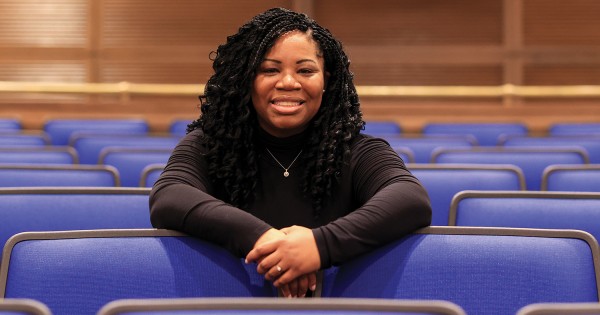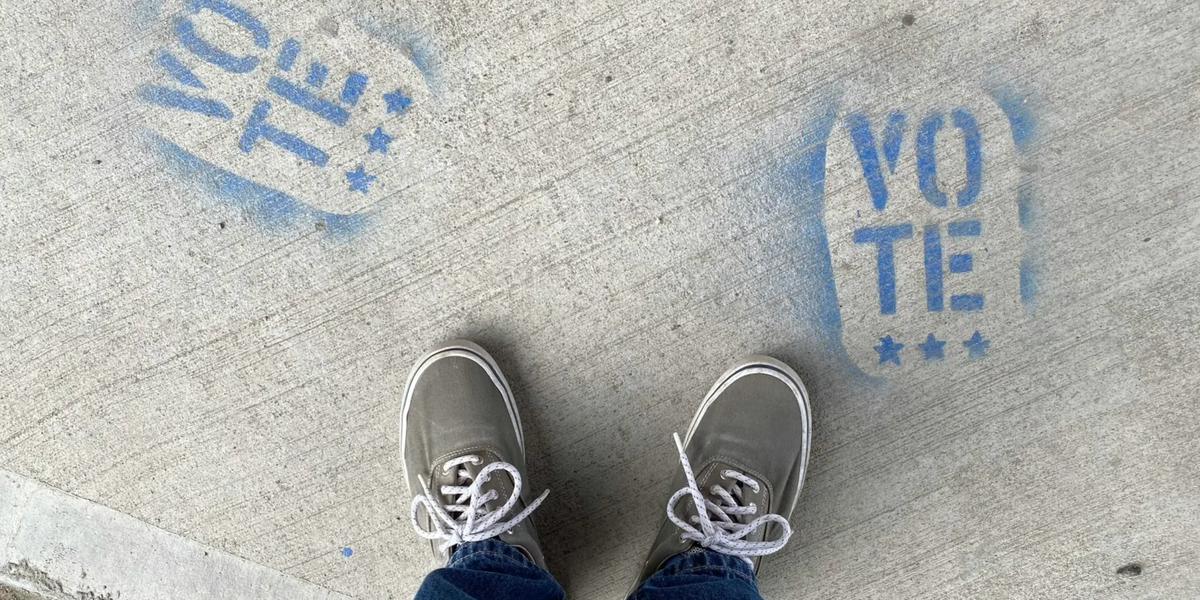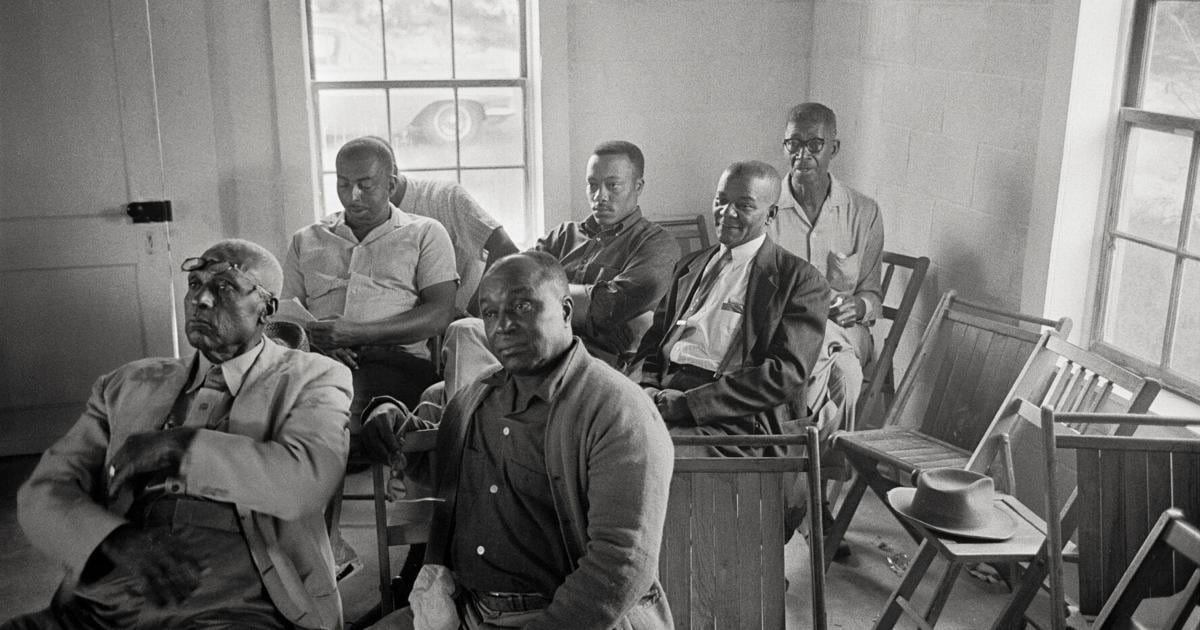- BlackVoter.Org
- Posts
- BlackVoter.Org
BlackVoter.Org

In her compelling work, historian Shannen Dee Williams shines a light on the often-overlooked contributions of Black Catholic nuns in America. Her book, Subversive Habits, narrates the inspiring journey of these women who defied discrimination to answer their calling within the Roman Catholic Church.
Featuring trailblazers like Venerable Mother Mary Lange, who founded the first Catholic sisterhood for African-descended women, and Sister Mary Antona Ebo, a civil rights champion, Williams reveals how Black sisters played critical roles in education and activism. Despite their pivotal contributions, these women have historically been erased from narratives, their leadership unseen.
By reframing the history of the church through their eyes, Williams challenges prevailing myths, asserting that the fight for racial justice often stemmed from these radical Black women. Their stories, she argues, are essential to understanding the intertwined legacies of Black history and Catholicism, inviting a deeper reckoning with America's past.

The Center for American Progress is championing racial equity and justice by actively addressing systemic racism and its enduring impacts on communities of color. Through innovative policies, they aim to close the racial wealth gap, advocate for climate justice, and enhance health equity.
By focusing on economic justice, CAP emphasizes the importance of dismantling historical barriers that have hindered opportunities for marginalized groups. Their robust approach also seeks to bolster democratic representation and combat misinformation and voter suppression, ensuring all voices are heard.
With concrete statistics highlighting stark disparities—such as the $838,000 wealth gap between Black and white households—CAP grounds its initiatives in reality, calling for a transformation that promotes a thriving economy for everyone. Together, these efforts aim for an inclusive society where racial equity is not just a dream, but a tangible reality.

The debate surrounding reparations for slavery in the U.S.
continues to ignite passionate discussions. Advocates argue that the legacy of slavery has led to stark wealth disparities and "slave health deficits" that warrant compensation.
They point to historical precedents where reparations have been granted, such as for Japanese internment and the Tuskegee Study victims. On the flip side, opponents contend that living Americans shouldn’t be held accountable for injustices of the past, and that reparations could further polarize racial relations.
Financial feasibility also looms large, with estimates suggesting reparations could cost trillions. Polls indicate a mixed reception among Americans, with support varying significantly across racial lines.
As societal dynamics evolve, calls for reparations — including recent legislative proposals — highlight a growing push for recognition and redress, but the complexities of implementation pose ongoing challenges. Should the U.
S. pay reparations to the descendants of slaves? The answer remains elusive and hotly contested.

A new poll reveals that over 70% of Democrats and a plurality of Republicans favor a ceasefire in Gaza, starkly contrasting with the Biden administration’s ongoing support for Israeli military actions. This divide underscores a growing rift between Democratic leaders and their constituents, particularly as civilian casualties soar, with more than 15,000 reported deaths in Gaza.
Despite calls from nearly half of the Democratic caucus for an end to hostilities, the White House remains firm, fearing that a ceasefire could empower Hamas. Furthermore, the poll highlights that 76% of Democrats believe U.
S. military aid to Israel should be contingent on human rights compliance.
With significant numbers of young voters disapproving of Biden’s stance, these findings raise concerns about the potential repercussions for the President in the upcoming 2024 elections, where the Arab American and Muslim vote could prove pivotal.

In a candid discussion hosted by Open Primaries, President John Opdycke emphasized a critical barrier facing the reform movement: the American public's lack of trust in reformers. He highlighted that while many voters support the idea of open primaries, the pervasive partisanship and politicization of every issue have bred a deep cynicism.
Opdycke urged reformers to acknowledge this mistrust and make genuine efforts to earn it back, stating, "I don't think they should [trust us]. I think we need to earn their trust.
" The conversation revealed that reformers can no longer afford to avoid difficult questions about their motives. Instead, they must engage with voters sincerely to navigate through an increasingly polarized landscape, recognizing that the future of democracy hinges on restoring this essential trust.
The path forward calls for transparency, honesty, and a commitment to the public good—a challenge that reformers must confront head-on.

Step back in time and witness a pivotal moment in history at the West Feliciana Parish Library! On February 22, 2025, a special public viewing of historic voter registration photographs taken by renowned civil rights photographer Bob Adelman will take place from 1 p.m.
to 3 p.m.
These stunning images, captured during a 1963 project for the Congress of Racial Equality (CORE), highlight the struggles and triumphs of Black voter registration in West Feliciana Parish. Attendees will have a unique opportunity to identify individuals in these powerful photographs, which aim to preserve their legacies for future generations.
The event will also feature moving audio excerpts from Rev. Joe Carter, the first African American to register to vote in the parish since 1902.

In a bold and controversial move, Donald Trump has declared a new Civil Rights Era that seemingly rejects the principles of Diversity, Equity, and Inclusion (DEI). Just hours into his presidency, he issued an Executive Order framed as a necessary step for civil rights, aiming to dismantle federal programs supporting these values.
This sweeping action aligns with historical efforts to resist broader civil rights advancements, echoing past discriminatory practices. Trump's agenda includes targeting federal employees who support DEI initiatives and stripping them of their rights in a move reminiscent of the patronage system from the Jacksonian era.
Meanwhile, the Democratic response appears muted, with challenges to Trump's policies lacking a unified front. The article explores how this administration's tactics might reshape societal views on diversity and the urgent need for a strategic opposition from Democrats to counter the narrative that equates diversity with an infringement on American freedoms.

Black History Month 2025 will shine a spotlight on the theme "African Americans and Labor," as announced by the Association for the Study of African American Life and History (ASALH). This theme celebrates the pivotal roles Black individuals have played in shaping the labor landscape, from the agricultural toil of enslaved ancestors to contemporary workforce challenges and victories.
Notably, 2025 marks the 100th anniversary of the Brotherhood of Sleeping Car Porters and Maids, the first Black union chartered in the American Federation of Labor, founded by civil rights leader A. Philip Randolph.
Events throughout the month, like the “Piece Work” quilt exhibition at the Oliver Art Center, will honor African American labor and its cultural significance. As discussions about economic justice evolve, this theme urges us to reflect on historical contributions and the ongoing fight for equity in the workplace, emphasizing the importance of coalition-building to address systemic disparities.